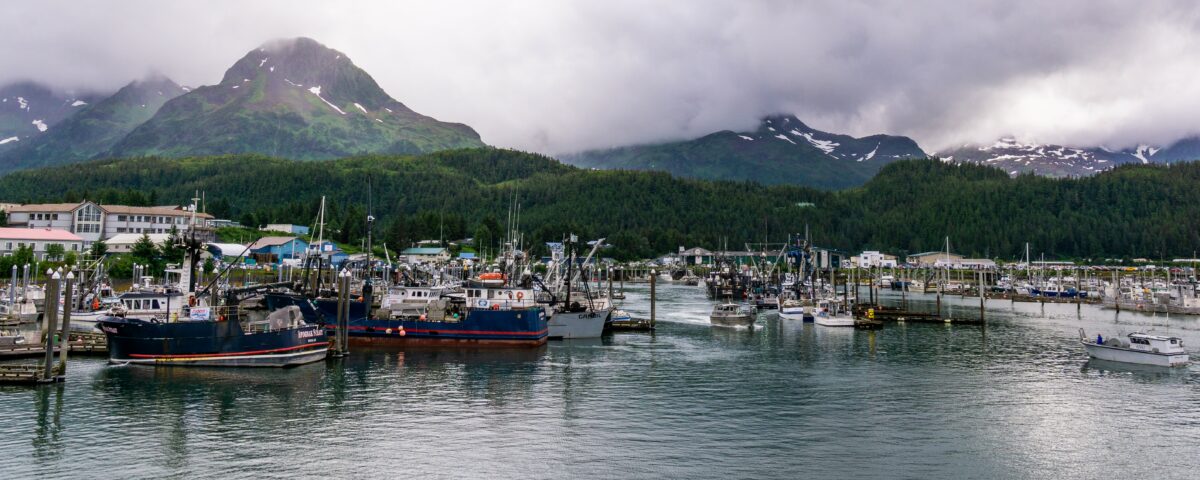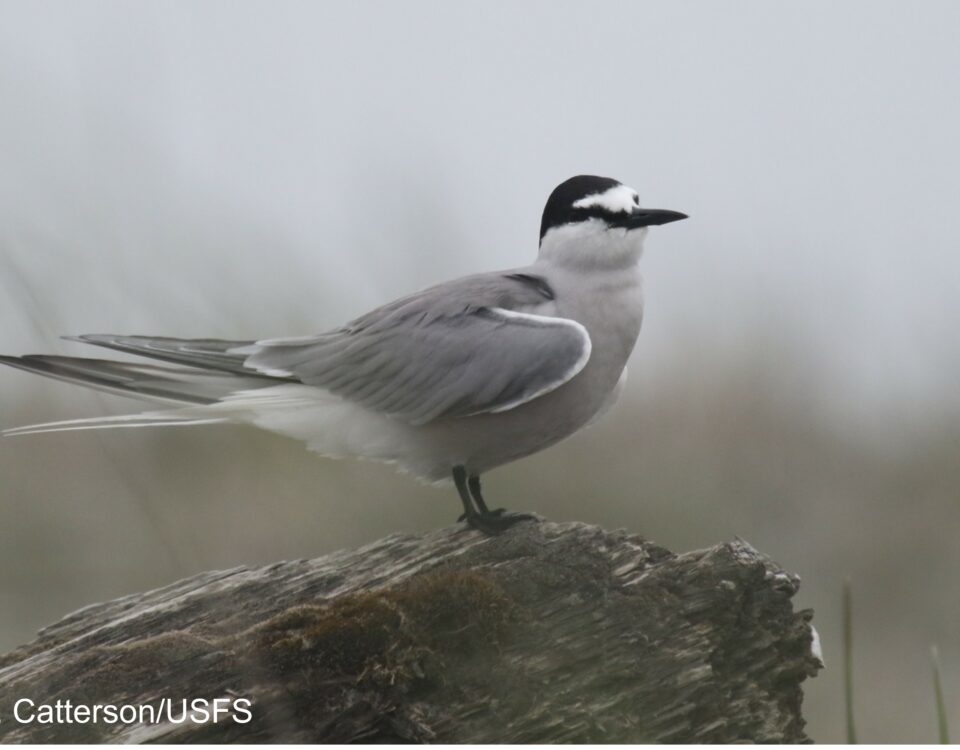Climate Planning for Fishing Communities

PROJECT
Climate Planning for Fishing Communities
Climate Planning for Fishing Communities: A cross-regional Gulf of Alaska Fishing Community Effort to Understand and Plan for Climate Change
Goal
Communities will work together to build regionally-relevant fisheries adaptation plans.
PROJECT DESCRIPTION
Climate change is dramatically altering the marine ecosystem of the Gulf of Alaska with downturns in several valuable fisheries, decreasing fish sizes, changes in salmon run timing and strength, and algal and jellyfish blooms. Across the many geographically isolated and fishing dependent communities within the Gulf of Alaska, such losses may be devastating for fishermen and their communities that lack economic diversity, make it difficult to maintain fishing-dependent food systems, and erase cultural fishing practices that cannot be replaced. Despite these potential implications, there is very limited climate planning for fishing economies occuring in the region.
Over a three year period, the Prince William Sound Science Center, Alaska Longline Fishermen’s Association, Alaska Marine Conservation Council, and NOAA Fisheries Alaska Fisheries Science Center are partnering together to create locally specific climate adaptation plans for Cordova, Sitka, and Kodiak. PWSCC is leading this effort for Cordova, which integrates regional concerns from communities that use Cordova as a fishing hub. Bringing in community partners and organizations can help us realize the spectrum of vulnerabilities and strategies for innovation, collaboration, and coordination to adapt and build resilience in our fisheries and communities. This work will build on existing PWSSC efforts in the region to build fishing resilience through collaborative research.
If you're interested in more information or would like to participate, please contact Katrina Hoffman, Dr. Marysia Szymkowiak, or Kinsey Brown.
PROJECT COORDINATOR
Katrina Hoffman
PWS Science Center
khoffman@pwssc.org
Marysia Szymkowiak, Ph.D.
NOAA
marysia.szymkowiak@noaa.gov
PROJECT Specialist
Kinsey Brown
PWS Science Center
kinseykbrown@gmail.com
Collaborators
Alaska Longline Fisherman's Association
Alaska Marine Conservation Council
RESEARCH PERIOD
2024-2027






